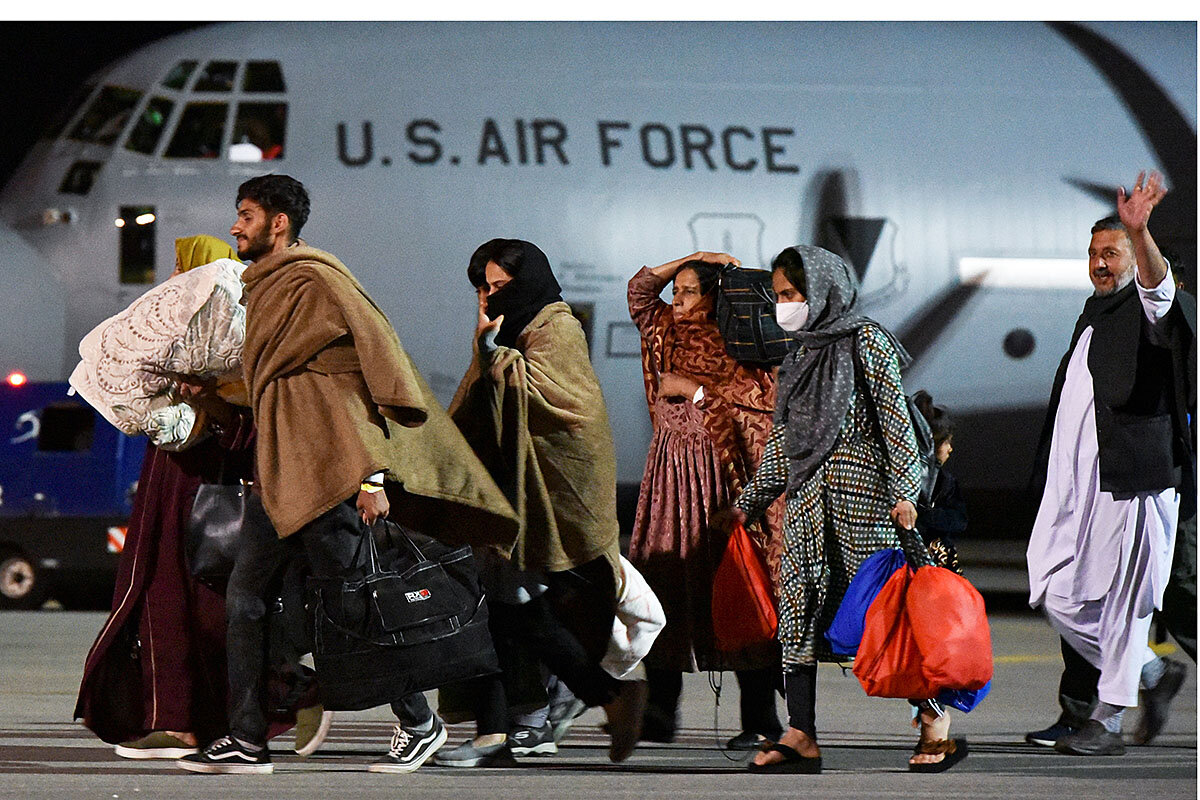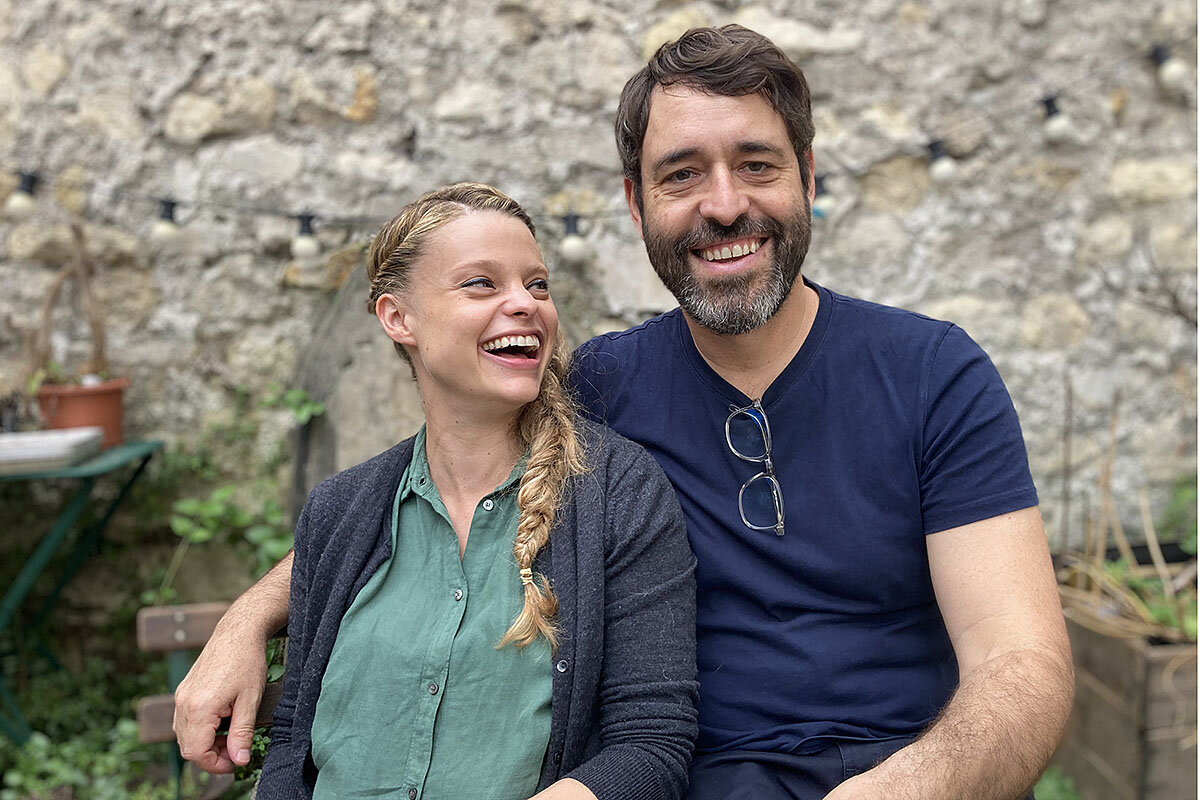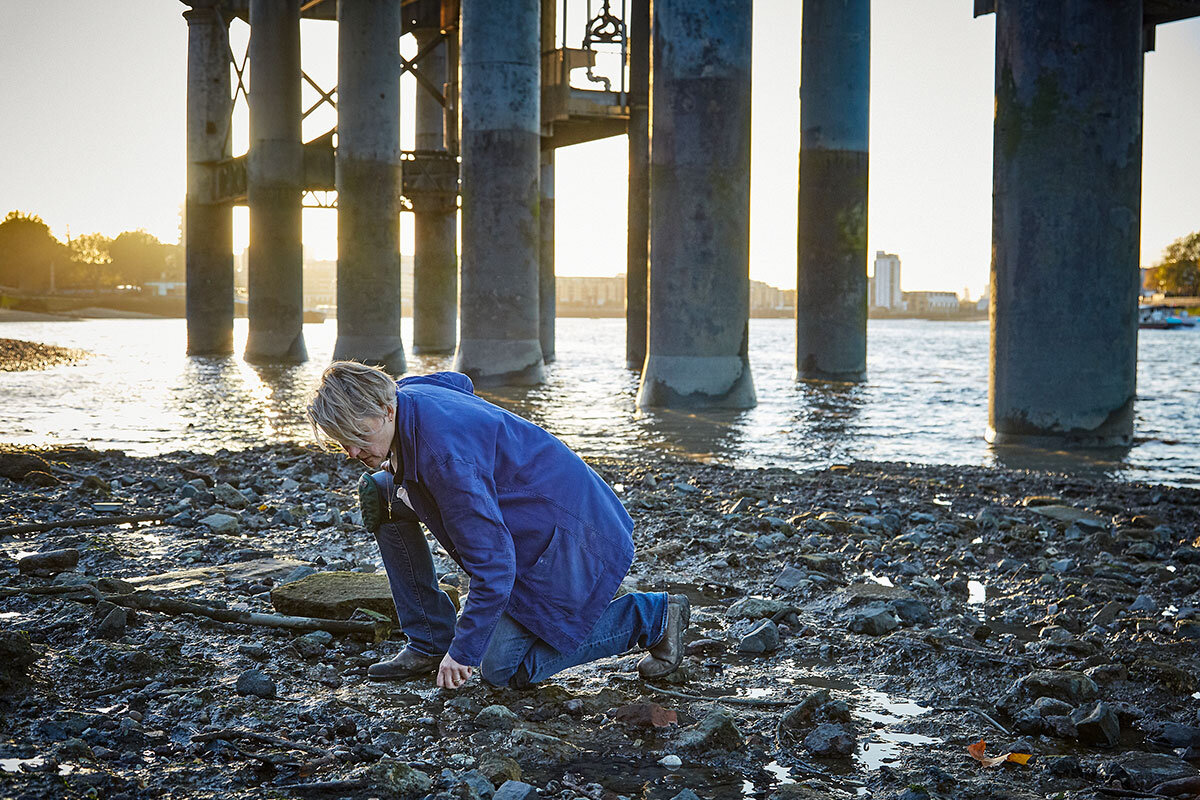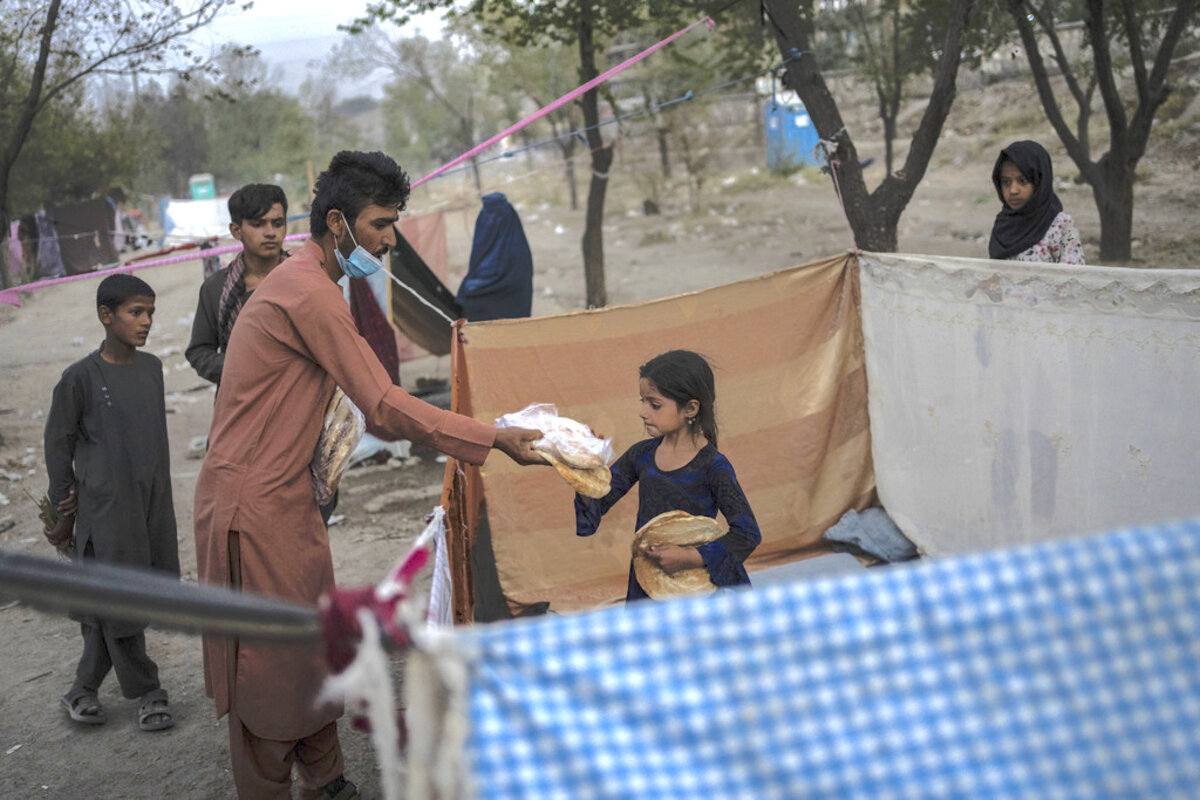Some Afghans who fled their homeland wrestle with feeling they have betrayed their country. Others who are staying wonder how much they’ll be allowed to help.
Monitor Daily Podcast
- Follow us:
- Apple Podcasts
- Spotify
- RSS Feed
- Download
 Trudy Palmer
Trudy Palmer
I got that question a lot after adopting my daughter. As an infant, she hadn’t fully grown into her “color,” but she didn’t exactly look white, either. So people wondered what she was. Too often, I indulged the question, when all it deserved was the obvious answer.
“What is she?”
“A baby.”
On good days, I didn’t let it bother me. On not-so-great days, I got annoyed. Here was this cute-as-can-be baby girl, and people were focused on the fact that we didn’t match.
As she grew older and her skin naturally darkened, we looked more like the African American mother-daughter pair people expected, so the questions ceased.
I flashed back on those early days when I saw the results of a recent Gallup Poll on interracial marriage. What was once perceived as an egregious mismatch is now widely accepted. Specifically, of the 1,007 adults across the United States polled by phone in July, 94% approve of marriages between Black people and white people. That’s up from a mere 4% in 1958, when Gallup first asked the question. In 1968, a year after the Supreme Court legalized interracial marriage, 20% of Americans approved of the practice. By 1992, when my daughter was born, 48% approved.
In short, the country is catching up to what has always been true: Love bridges racial differences. That’s true among friends, parents and children, husbands and wives.










